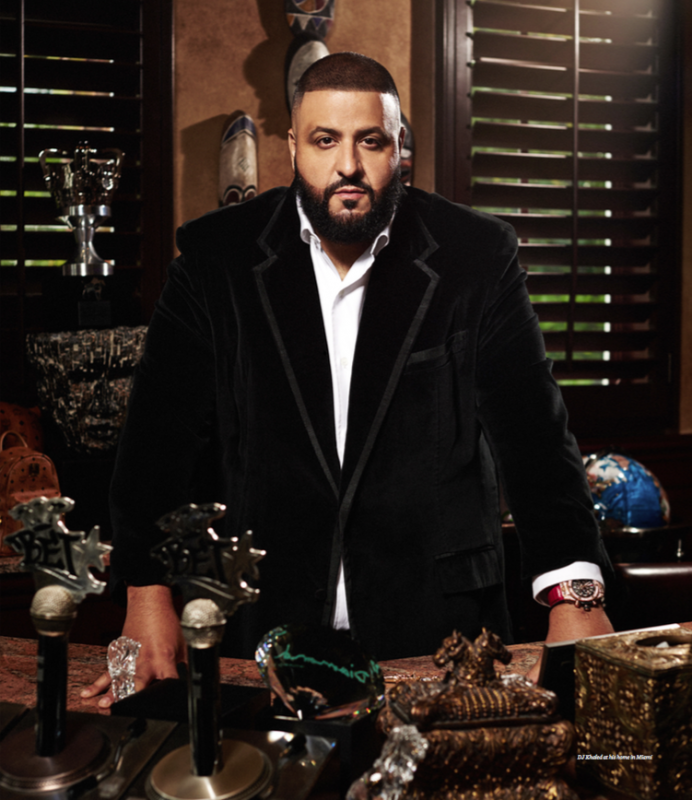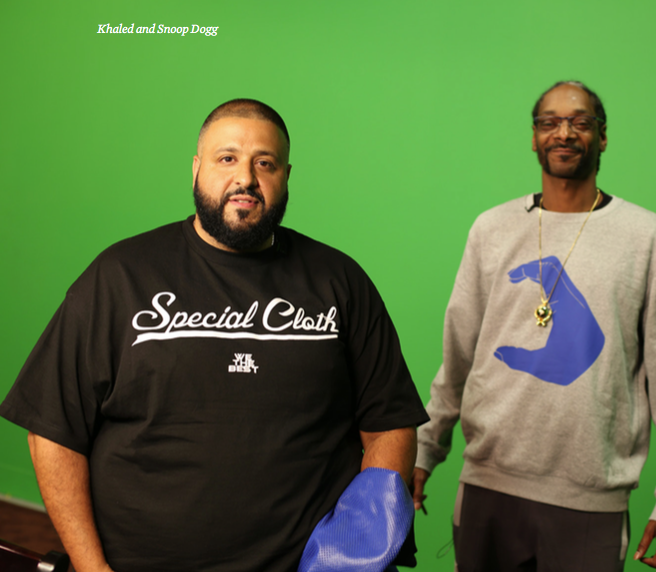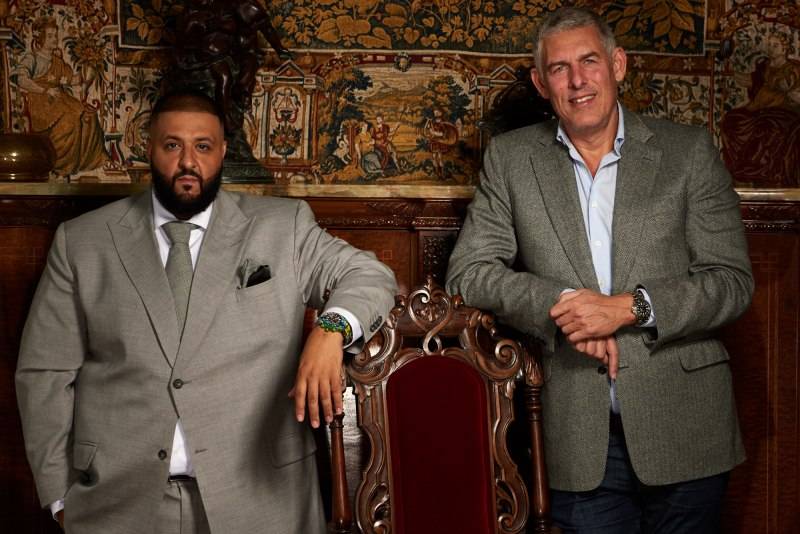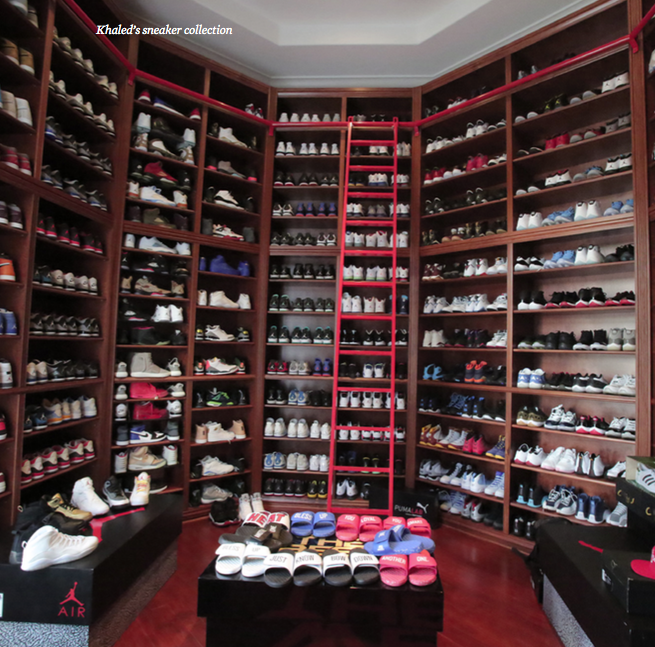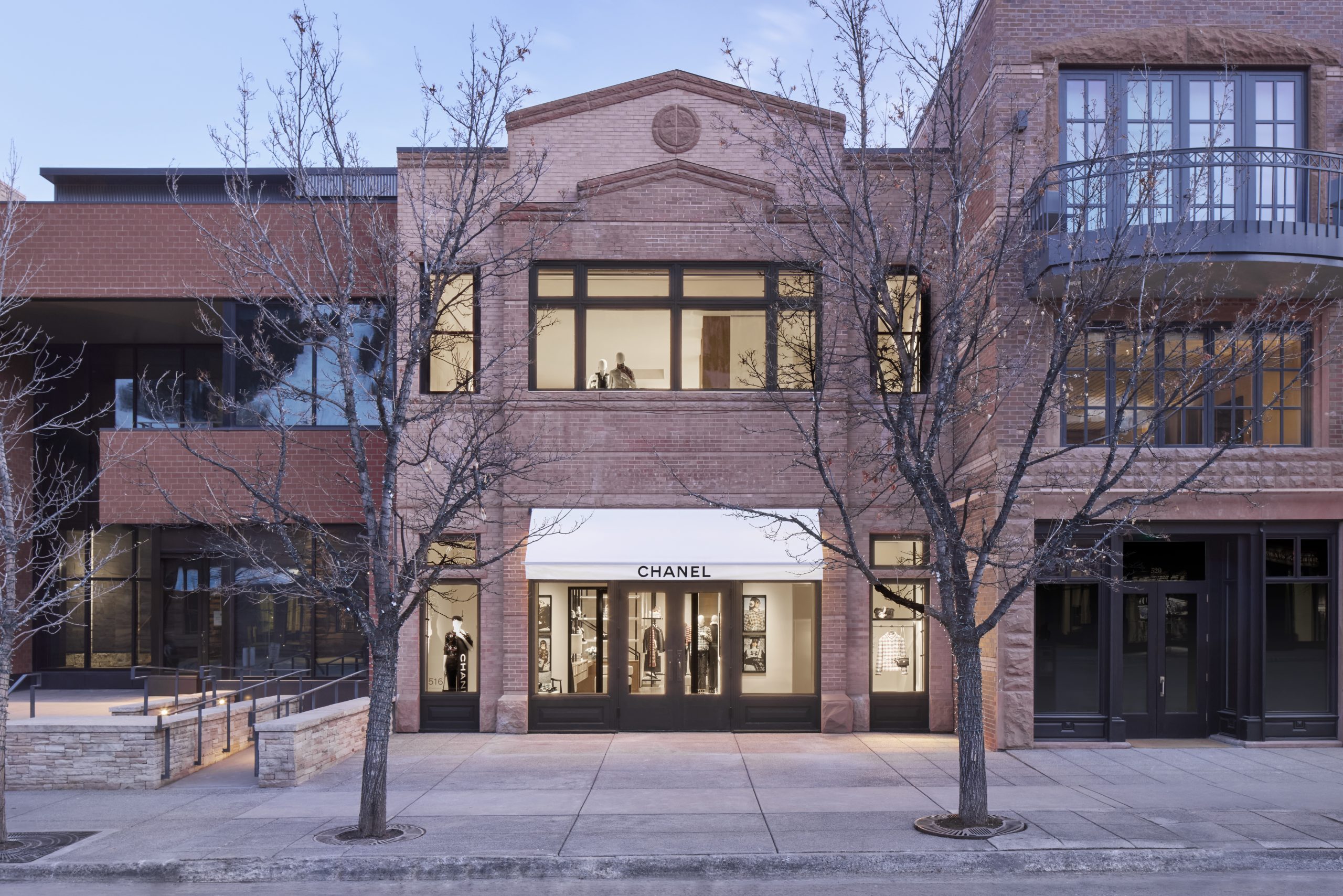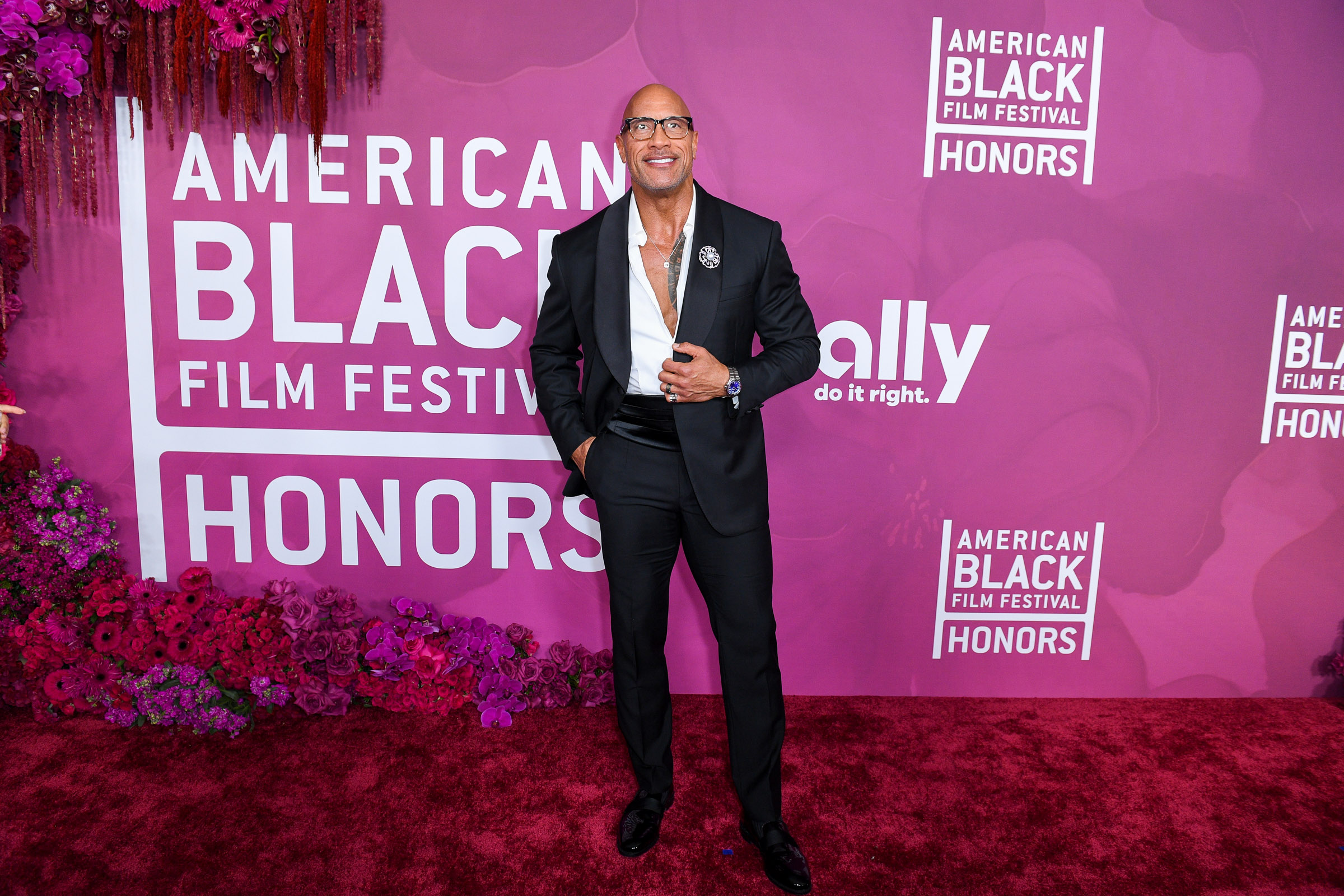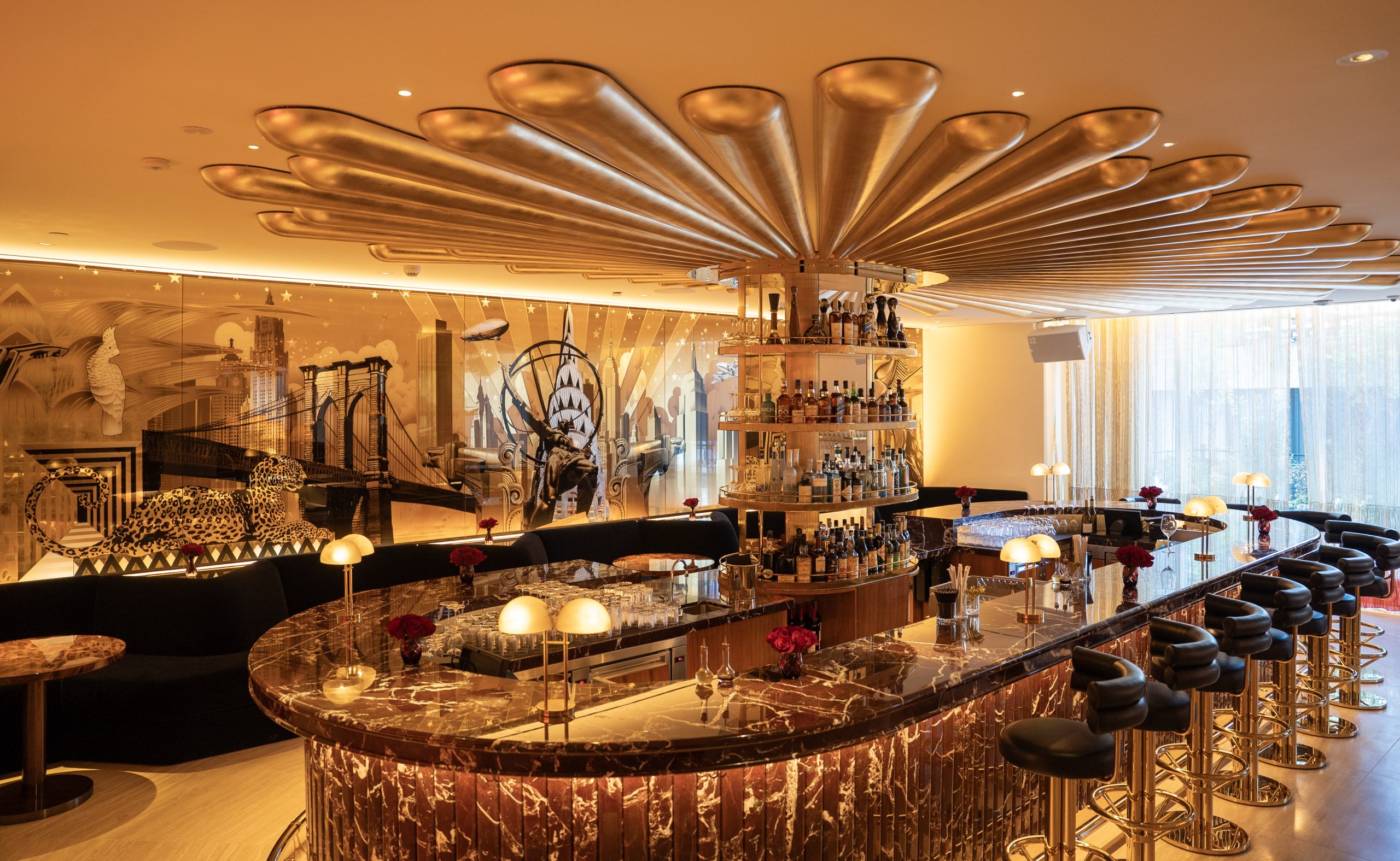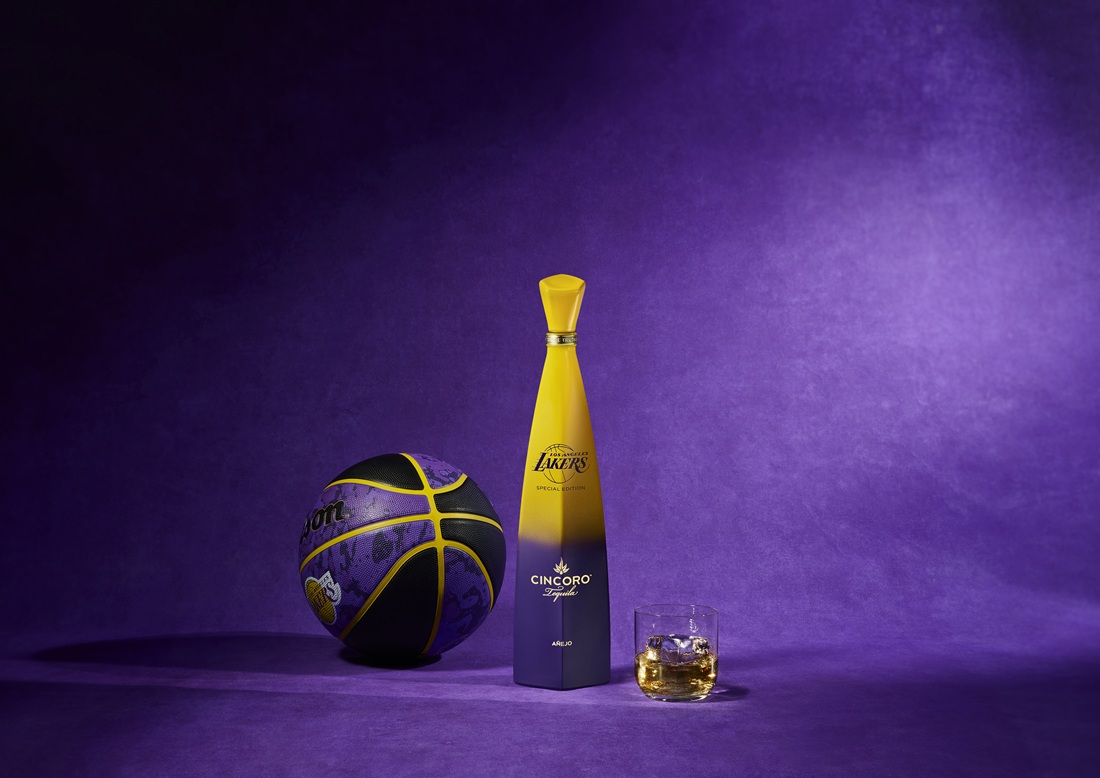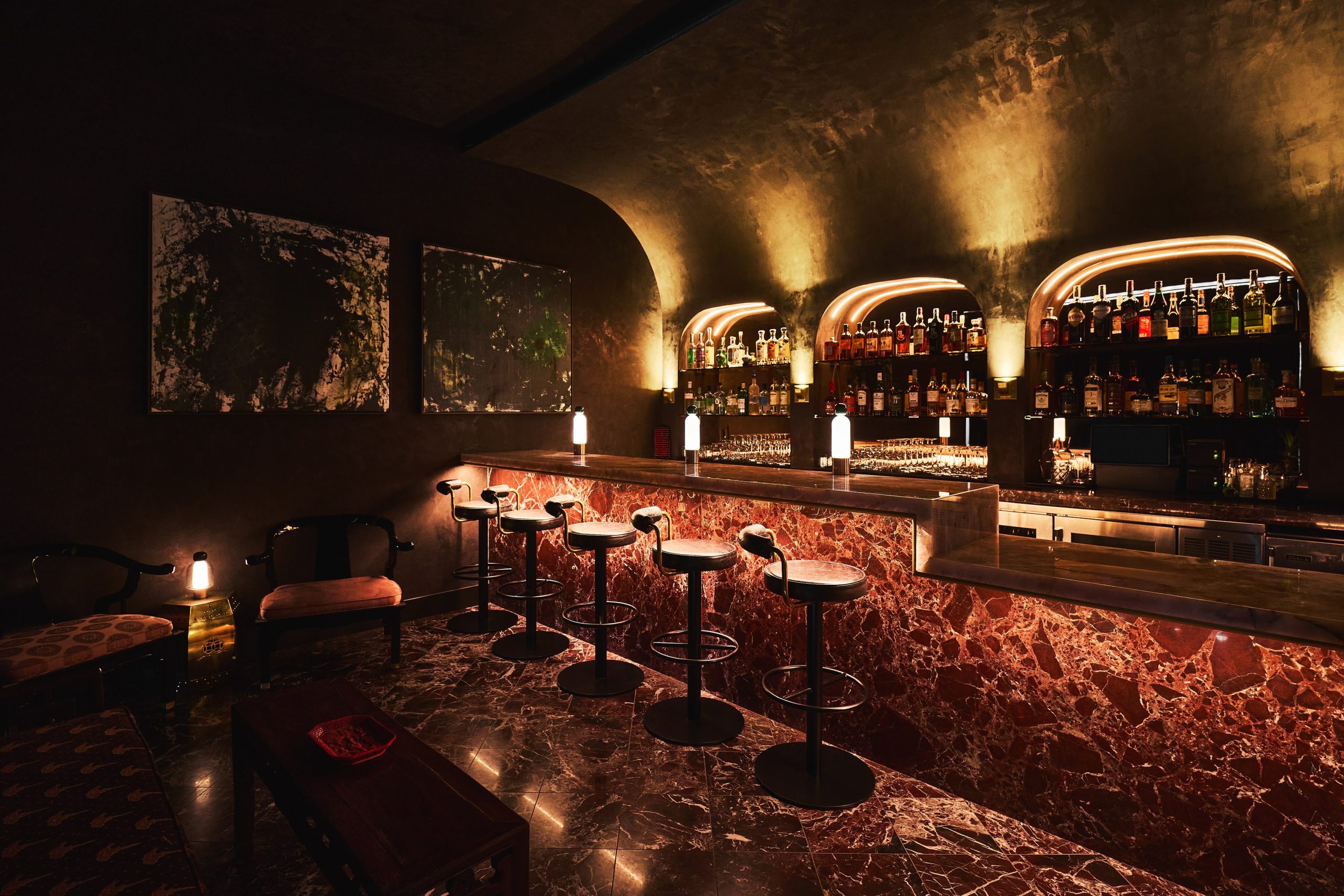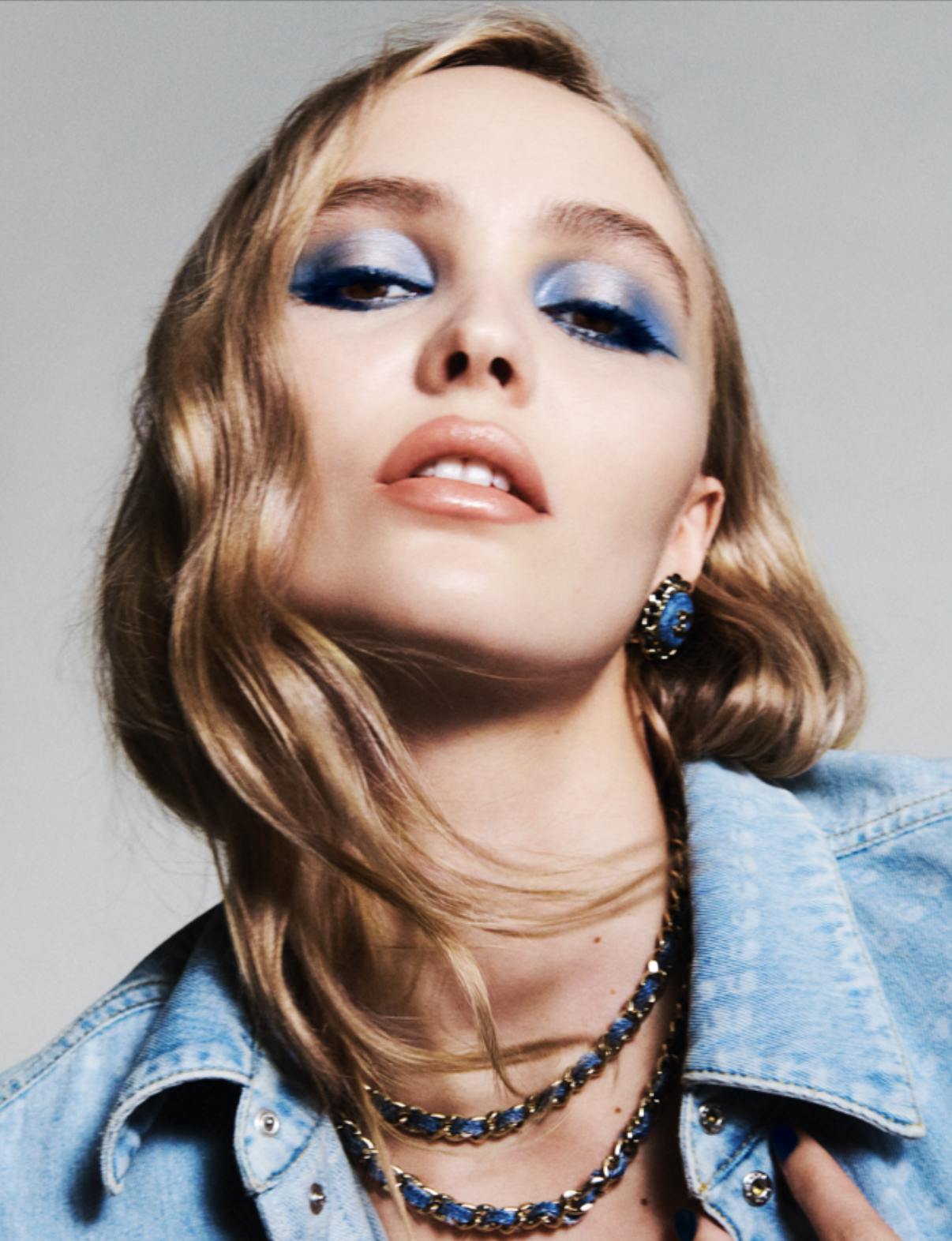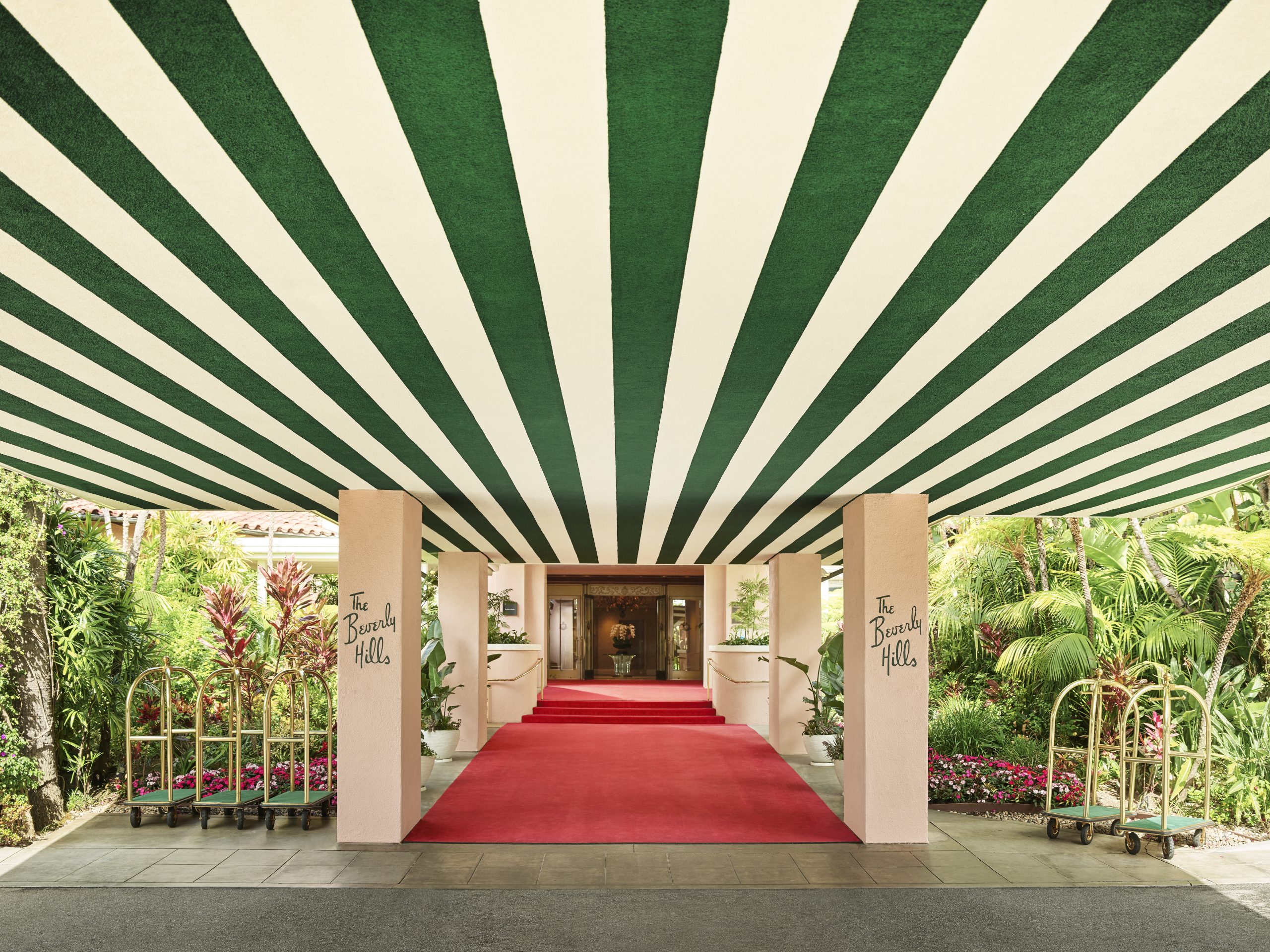The Success Behind Modern Mogul DJ Khaled’s Keys to Success
Khaled Mohamed Khaled, better known by the moniker DJ Khaled, is celebrating the start of his 40s by giving back to the world through exceedingly quirky, and surprisingly domestic, protips. The Miami-based hip-hop artist, DJ and producer’s preferred platform for doing so is on the millennial-focused app Snapchat, where more than two million people watch him tackle life’s toughest challenges in real-time.
His influence goes beyond the border of any specific music genre. In fact, it’s so pervasive that The New York Times dubbed Khaled’s online presence as “social media core curriculum.” And in January, Madonna invited him on stage during the final stop of her Rebel Heart tour at American Airlines Arena in Miami to accept his lavish gifts (diamond bracelet, stacks of cash, necklaces) as she sang Diamonds are a Girl’s Best Friend a capella. It doesn’t get any more mainstream.
Khaled’s “keys to success” (snaps he labels with the key emoji) provide advice for living the best life possible. The 10-second videos portray a genuine longing to help followers “win, win, win”— as he asserts in his anthem “All I Do Is Win” (2010) with friends and collaborators Ludacris, Rick Ross, Snoop Dogg, and T-Pain.
Keys to success include: making time for weekly massages with bamboo and sounds of the ocean; conquering personal hygiene with “the right soap” and cocoa butter—never cologne; naming your plants to help them grow; and worshiping your accessories (sneakers and watches).
In Khaled’s idiosyncratic Snapchat stories, which automatically disappear from the app after 24 hours, he narrates many of the most personal parts of his day, and shower time is not off limits. His self-confidence sets the foundation for what has become an unexpected persona of pop culture’s charismatic self-help guru.
“When Snapchat got connected it felt like it was the missing piece of the connection. It’s all connected and now the whole world is watching. So now instead of one piece of the world loving talent, it’s everybody at the same time and they’re inspired and they’re uplifted and that’s positive energy,” he says.
In January, the hit-maker who has eight albums under his belt, took the keys to the city for DJ Khaled Day (Jan. 20) and a $3.8 million mansion in Miami. His new pad came equipped with an elevator and he has plans to build a special display for his sneakers in a gallery-type setting.
His grandiose lifestyle also includes a collection of six to seven Hublot watches. He likes the first edition more than any of the others because it means so much to him.
“Like timing is everything, you know? I feel like you can’t put a time on my success as DJ Khaled, so it’s only right to have the biggest timepiece on my wrist, you know what I mean?”
Khaled wasn’t always so triumphant. His parents immigrated to New Orleans from Palestine, and his financial status fluctuated from just getting by to having nothing at all for most of his life. In 1994, he came to Miami with next to nothing. Khaled managed to get on the radio—starting with pirate station Mixx 96, where he played all day and slept on the floor for lack of other accommodations. Later, Luther Campbell invited him to begin hosting his own show on 99 Jamz in 1998 and Khaled became a legitimate force in Miami music.
It’s so important to keep the pathway to success clean, he expounds on Snapchat while sweeping his driveway with a broom. This is just another way Khaled deftly pushes positivity in the pursuit of riches.
“I feel like Snapchat is a huge antennae of my life, and when I see my life, I make sure that the energy that people want to expect is positive and uplifting and inspiring, and the whole message is ‘let’s win more,’” Khaled says, describing the inspiration behind his snaps.
To understand his success, look at his energy, work ethic and consistency; combining and fine-tuning these attributes helped him rise to the top of the most frenetic industry in the world.
Ten years ago, Khaled released his first major collaboration, “We Takin’ Over,” with Akon, Birdman, Fat Joe, Lil Wayne, Rick Ross, and T.I. The irresistible song catapulted his career to a new level, certifying his authority as a connector and orchestrator of the most prominent people in music. Does it matter that these artists are incredibly competitive? No, because Khaled convinced them to put that aside and participate. Superstars like Jay Z, Kanye West, Drake, Flo Rida, Nicki Minaj, Future, and John Legend are serial collaborators too.
His knack for persuasion extends to myriad side hustles, in which passive income flows to We The Best smoothly.
In addition to being a record label and an album, We The Best is also the name of Khaled’s online boutique (www.wethebeststore.com). Here, fans can purchase everyday merchandise like flip-flops and t-shirts jazzed up with his maxims, mantras, catchphrases, euphemisms, or whatever you want to call them (i.e. “Bless Up,” “Another One,” “You Smart You Loyal,” “Major Keys to Success,” and “They Don’t Want You to Win”).
Clothing prices range from $24.99 to $65 although the cost for his high-end headphones increases significantly. The online store links directly to Amazon.com for We The Best’s over-ear headphones made in partnership with HEADS Audio and Bang & Olufsen. The B&O Play “BeoPlay H6 with DJ Khaled” is designed to meet the preferences of top producers and mixing engineers, and costs around $400. He hints to the launch of a comprehensive line with the addition of earbuds and speakers that’s slated for this year.
He also co-owns a Caribbean/Southern soul food eatery in Miami Gardens called Finga Licking with Elric Prince of Poe Boy Music Group. The menu is similar to the original location in North Miami, yet the venue is a bit smaller and more focused on take-out. All that matters: fried lobster and “rainbow punch” with fresh fruit.
DJ Khaled is breaking down barriers—one snap at a time— for the next generation of music moguls to believe in their dreams and go after what may seem impossible. He says he’s “always inspiring them to be bosses.” But he’s quick to point out the sacrifices he had to make as a budding boss.
“I remember being an intern at a radio station and then I ended up having the number one radio show for 15 years,” he says. “I remember being a bus boy washing dishes and I remember working at a record store. I remember before I could DJ in a club, I had to work the VIP as charity just to find a way to get the people to connect with me.”
He stresses that if you love something so much that winning is the only option, and you figure out that you’re blessed with the talent, sometimes you have to do other things to feed your family until you get to do what you really love to do—and that, he says, is part of the glide and the soar.
They didn’t want him to, but he is.
To ride with DJ Khaled on his journey to success, search Snapchat for @djkhaled305.

